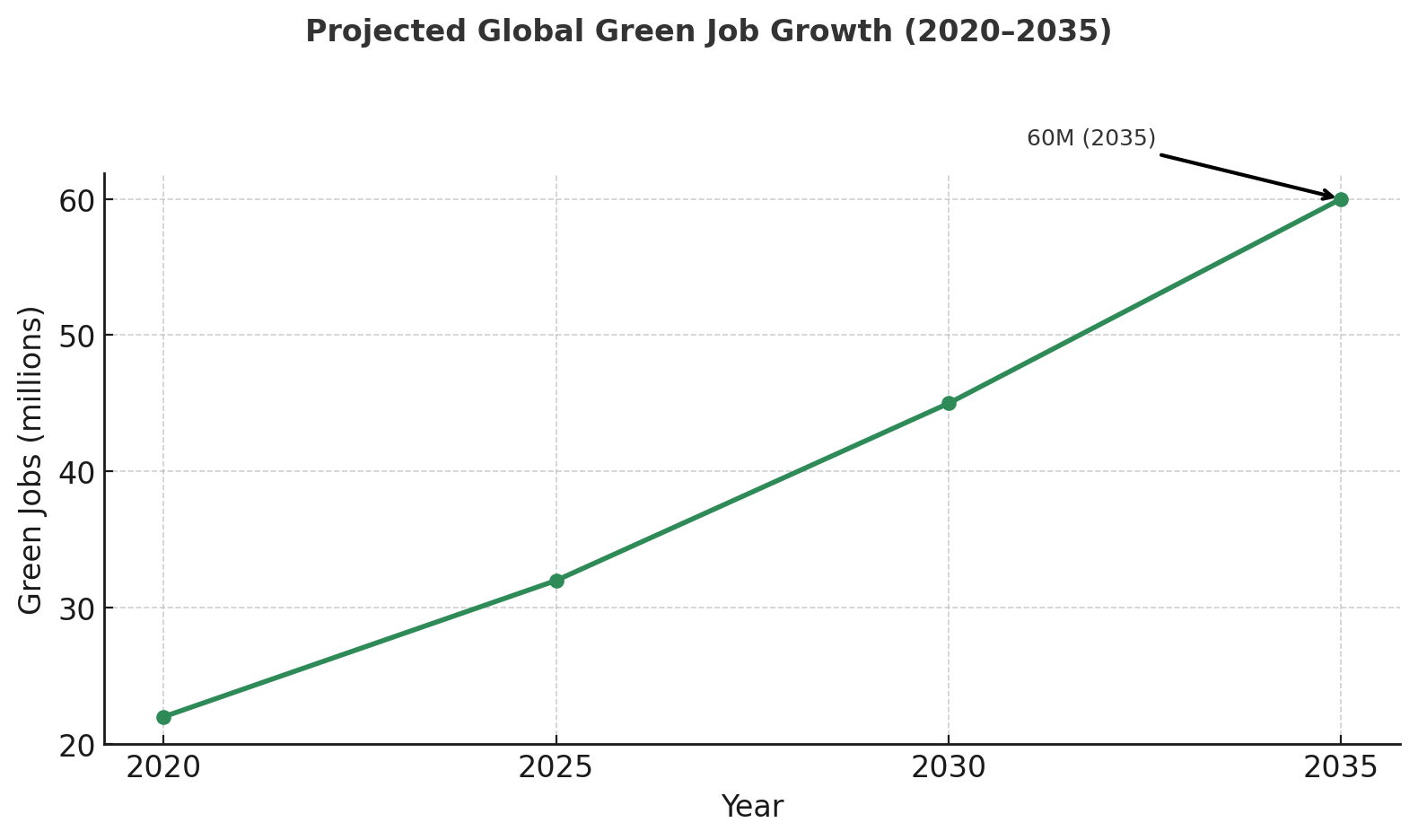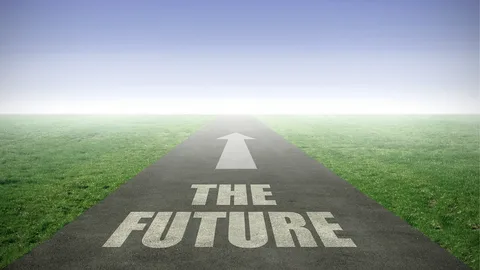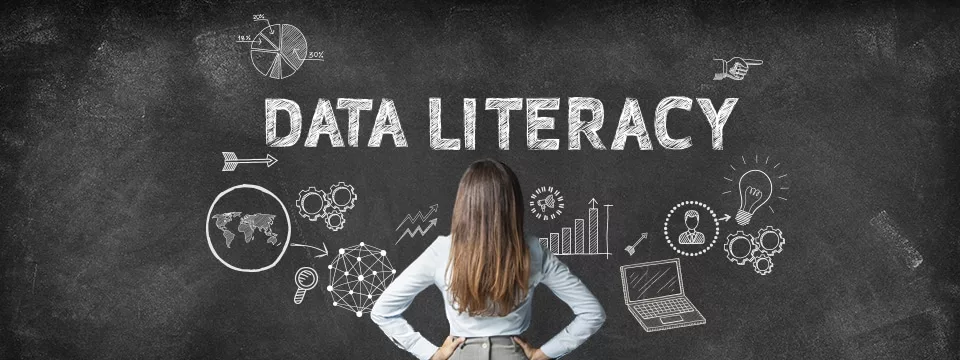In the face of climate change, economic uncertainty, and shifting technological landscapes, a new kind of career is rising: one that is climate-conscious, future-ready, and mission-driven. These are the “green careers” — roles that directly or indirectly contribute to preserving or restoring environmental quality.
Governments are investing trillions in energy transitions. Companies are reinventing supply chains. And young people are demanding work that aligns with their values. This isn’t a passing trend — it's a profound shift in what it means to be employed in the 21st century.
From solar engineers to circular economy designers, green careers are more than environmental—they're economic. And their growth is accelerating.

💼 What Counts as a Green Career?
Green careers span across sectors—not just energy or climate science. According to the UN and ILO, green jobs are those that:
-
Reduce environmental impact
-
Increase energy/resource efficiency
-
Support adaptation to climate change
🔧 Common examples include:
-
Solar PV Technician
-
Wind Turbine Maintenance Specialist
-
Environmental Data Analyst
-
Sustainable Finance Consultant
-
Climate Risk Insurance Assessor
-
Urban Green Infrastructure Designer
🧠 Skills That Power the Transition
To thrive in this wave, professionals will need hybrid skills across tech, science, and policy.
🌍 Top Emerging Skills:
-
Lifecycle analysis
-
Environmental data modeling
-
Clean energy project management
-
ESG reporting and compliance
-
Sustainable product design
-
AI for environmental monitoring
-
Behavioral economics for sustainability nudges
Bonus: Soft skills like systems thinking, collaboration, and change management will be equally vital.
🧩 Challenges Ahead
⚖️ Equity and Access
Will green jobs be accessible to workers transitioning from declining sectors like coal or oil? Retraining programs must ensure a just transition.
💵 Greenwashing Risks
Not all "green" jobs are genuinely sustainable. Standardized definitions and regulation are key to credibility.
📚 Education Lag
Universities and trade schools must quickly evolve curricula to meet green skill demands—or risk creating a workforce gap.
🔮 Looking Ahead
Governments, startups, and corporations are all recalibrating their talent strategies. By 2030:
-
Sustainability will be embedded in all departments, not just ESG teams
-
“Green collar” workers will outpace traditional manufacturing growth
-
AI and climate tech will create entirely new professions we haven't imagined yet
🧾 Conclusion: From Career to Cause
Green careers are more than economic trends—they are reflections of a world in transformation. They offer individuals the rare chance to build futures that align personal values with planetary needs. As climate becomes a central force in every major industry, the “green” in your job title might soon be just the beginning.
🆕 Latest Updates on Green Careers (September 2025)
-
Record green job creation in the U.S. and EU. According to a September 2025 report from the ILO, over 12 million new green jobs were added globally in the past year, with the largest growth in renewable energy and sustainable construction.
-
India’s solar workforce surge. India announced it has trained more than 500,000 solar technicians under its National Solar Mission, making it one of the fastest-growing clean energy job markets.
-
AI meets sustainability. New roles are emerging at the intersection of climate tech and artificial intelligence, such as “AI-powered climate risk analysts,” reflecting how data and automation are reshaping green work.
-
Equity concerns remain. Reports from labor groups highlight that coal and oil workers still face barriers transitioning into green sectors, with retraining programs underfunded in many regions.
I believe these updates confirm that green careers are no longer a niche—they’re rapidly becoming the backbone of future economies. The fact that millions of jobs are being created, not just in Europe or the U.S. but also in emerging markets like India, shows that this is a truly global shift.
At the same time, I worry that the transition isn’t as inclusive as it should be. Workers in fossil fuel industries are at risk of being left behind if governments and companies don’t properly fund retraining. In my view, a “just transition” isn’t just a nice idea—it’s essential. Otherwise, the green economy could deepen inequality instead of solving it.
I’m also optimistic about the fusion of AI and climate work. Personally, I think the next decade will bring entirely new professions we can’t even name yet—roles that combine technology, sustainability, and social innovation. If universities and training programs can keep up, I see this as one of the most hopeful trends of our time.
👉 Bottom line: green careers are not only about saving the planet—they’re about redefining what meaningful work looks like in the 21st century. And in my opinion, that’s a future worth fighting for.






